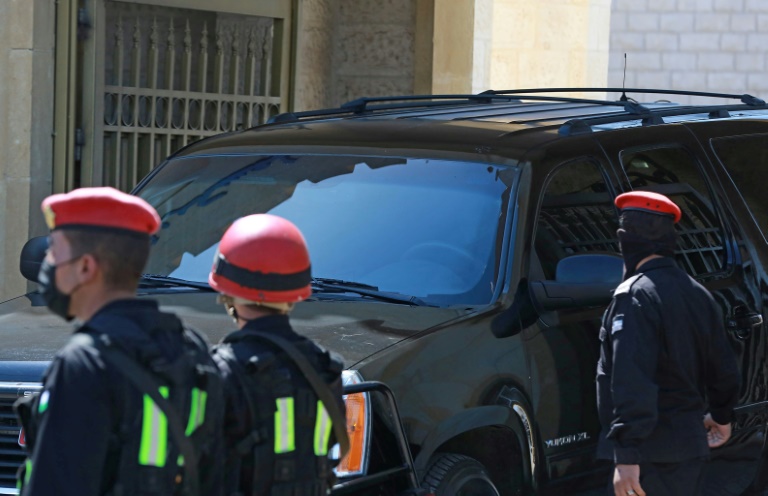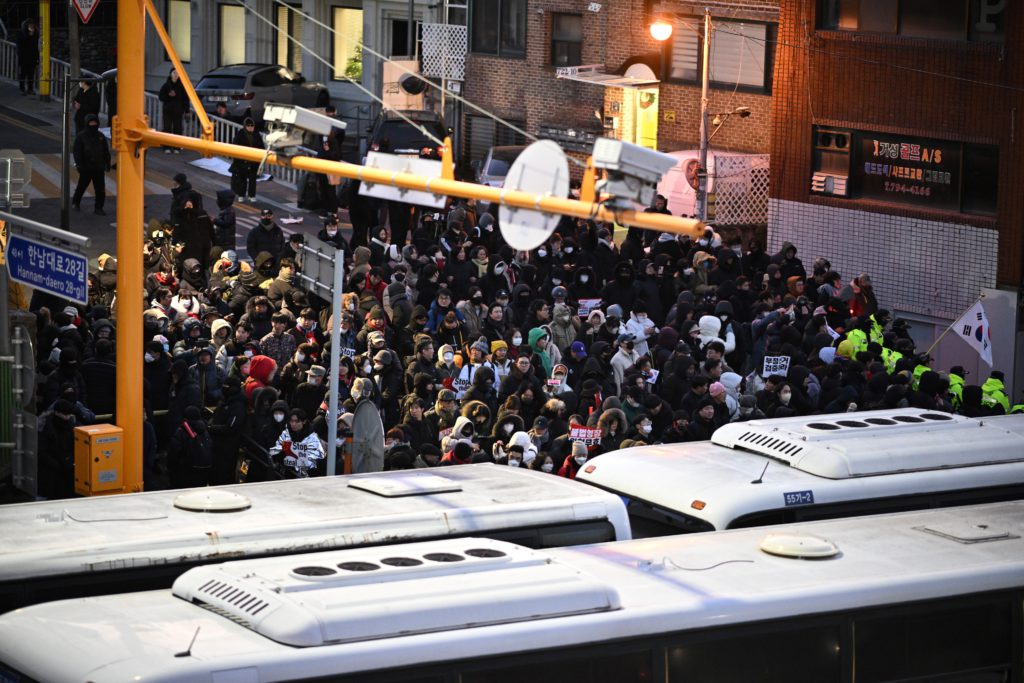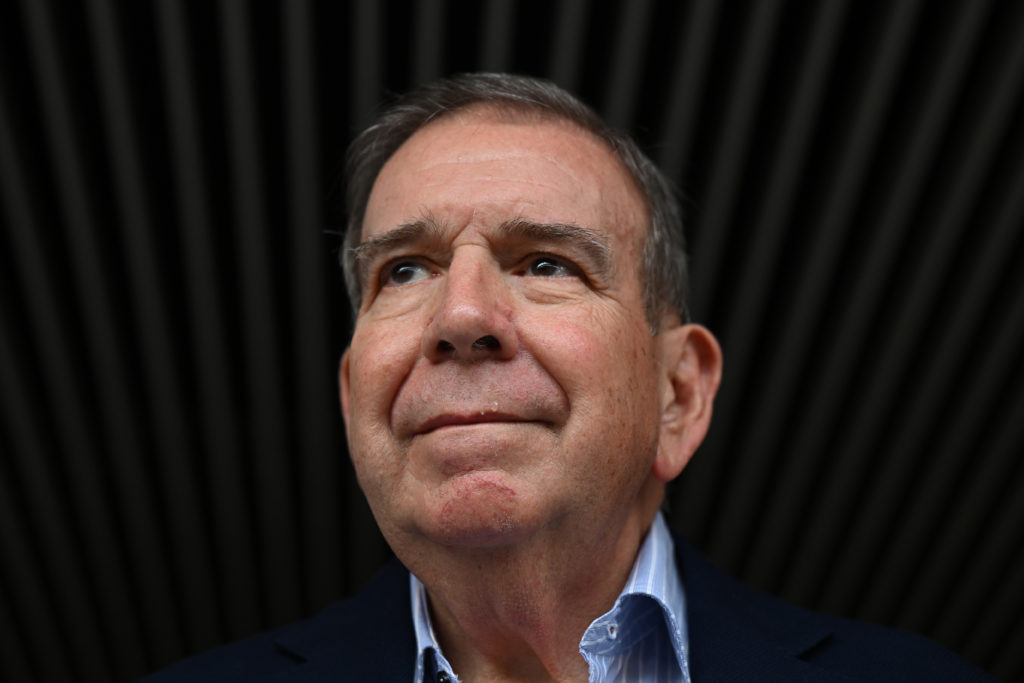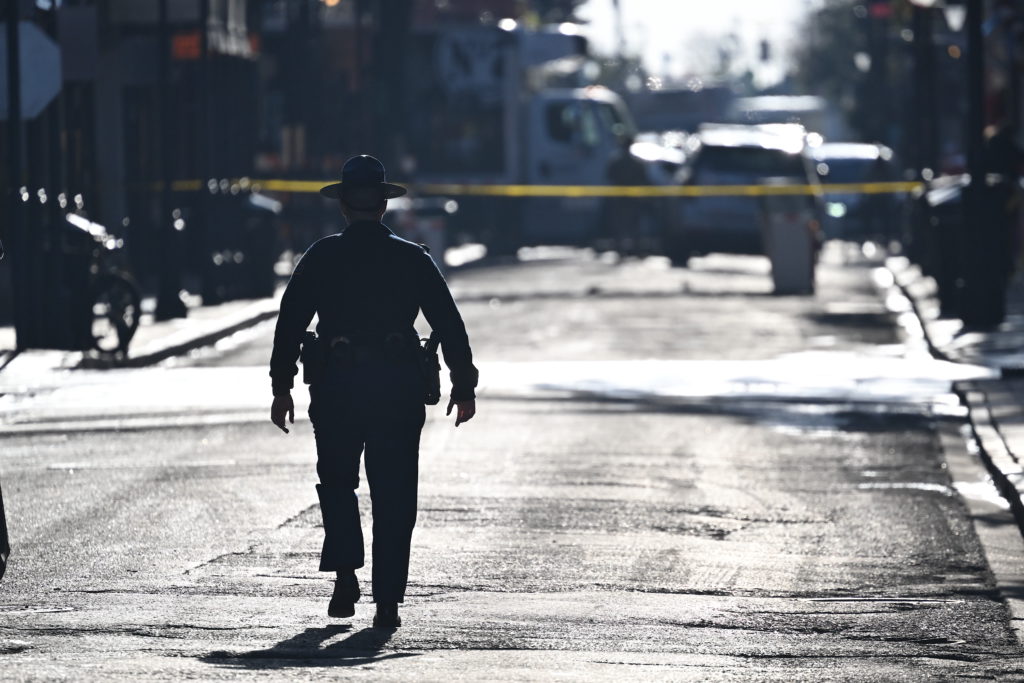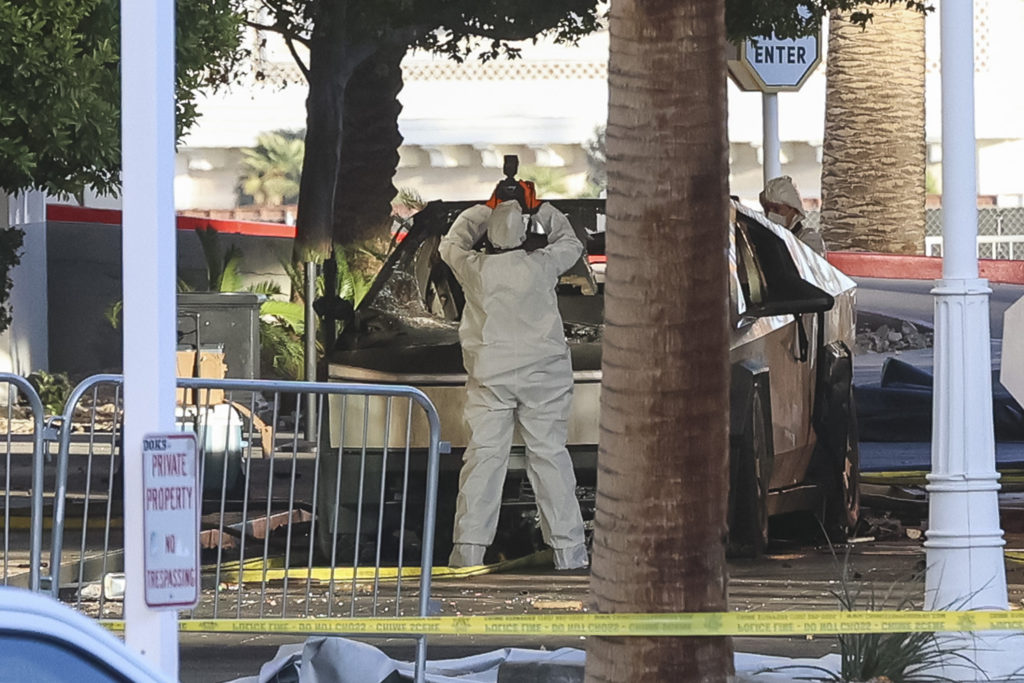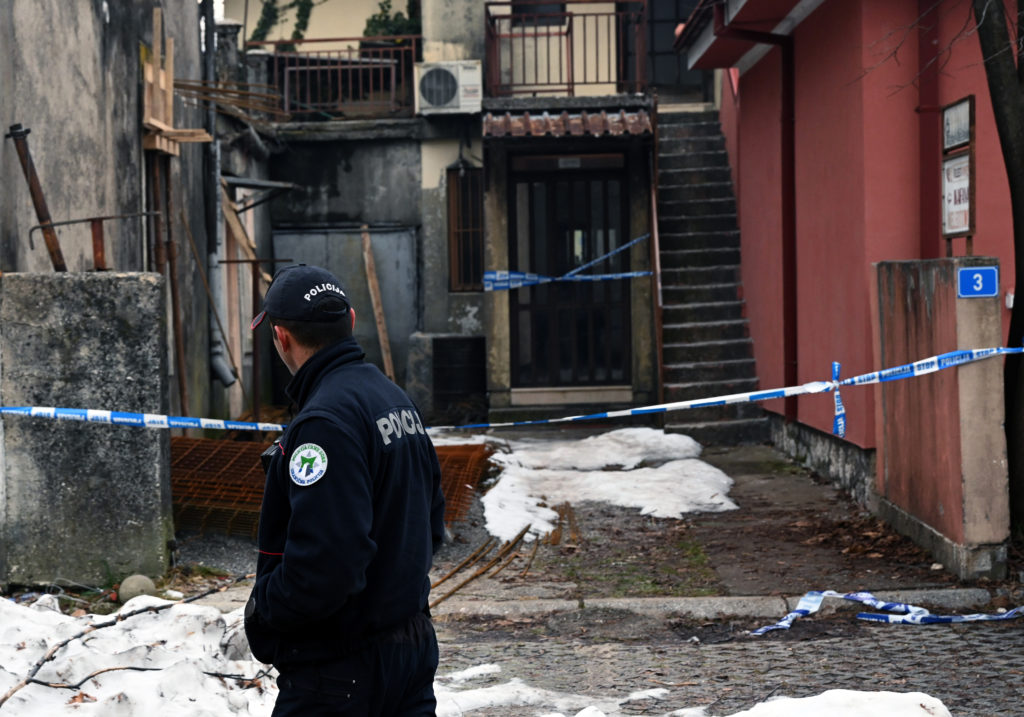A Jordanian court is to rule Monday in the trial of two ex-officials accused of plotting a palace coup that sparked a crisis in a kingdom seen as an oasis of stability.
Former royal court chief Bassem Awadallah and an ex-envoy to Saudi Arabia, Sharif Hassan bin Zaid, have been charged with conspiring with Prince Hamzah to have him replace his half-brother, King Abdullah II.
The prince himself was not on trial.
But the 13-page charge sheet said Hamzah, 41, “was determined to fulfil his personal ambition to rule, in violation of the Hashemite constitution and customs”.
Awadallah and Bin Zaid — who both have close ties to neighbouring Saudi Arabia — have pleaded not guilty to “incitement against the ruling system” and “acts that could threaten society and create sedition”.
The verdict will be announced by the State Security Court — a military tribunal that also includes civilian judges — winding up a trial that opened on June 21.
Awadallah, who holds Saudi nationality, and his co-defendant face up to 20 years in prison if convicted on all charges.
Regional powerhouse Saudi Arabia has fervently denied any involvement in the alleged plot.
The unprecedented palace crisis erupted in April.
Eighteen suspects were arrested after authorities announced they had foiled a bid to destabilise the pro-Western kingdom, but 16 were later released.
A former crown prince who was sidelined as heir to the throne by the king in 2004, Hamzah accused Jordan’s rulers of corruption and ineptitude in a video message posted by the BBC on April 3.
He said the same day that he had been put under house arrest.
Authorities later said he would not stand trial, as his case had been resolved within the royal family, with Hamzah pledging allegiance to Abdullah.
– Closed-door trial –
The king appointed Hamzah as crown prince in 1999, at the request of his late father, but removed him from the post in 2004, later naming his son, Prince Hussein, as next in line to the throne.
The court had rejected a defence request to summon three princes along with Prime Minister Bisher al-Khasawneh and Foreign Minister Ayman Safadi as witnesses, calling it “unproductive”.
The trial was held behind closed doors in the capital Amman.
At the start, Awadallah’s lawyer Mohammed Afif had said the two defendants “insist that Prince Hamzah testify in this case”.
“The final decision is up to the court, but if it refuses to summon him, it must justify it,” he told AFP on June 22.
Bin Zaid’s lawyer said ahead of the verdict that the defence team had asked the court to “find both our clients innocent of the charges against them”.
US-educated Awadallah was long considered a contentious and divisive figure in Jordan, having served as finance and planning minister before becoming royal court chief in 2007.
He played a key role pushing for economic reforms, before he resigned in 2008 amid criticism over alleged interference in sensitive political and economic issues.
He rose to become an influential figure familiar with the inner workings of the Saudi leadership, and often appeared alongside Saudi Arabia’s Crown Prince and de facto ruler Prince Mohammed bin Salman.
When the trial opened, a video was widely shared on social media showing Awadallah arriving at the court wearing a plain blue prison uniform and a mask.
To the delight of his many detractors in Jordan, he was seen with his hands cuffed behind his back, escorted by an anti-terror officer.

